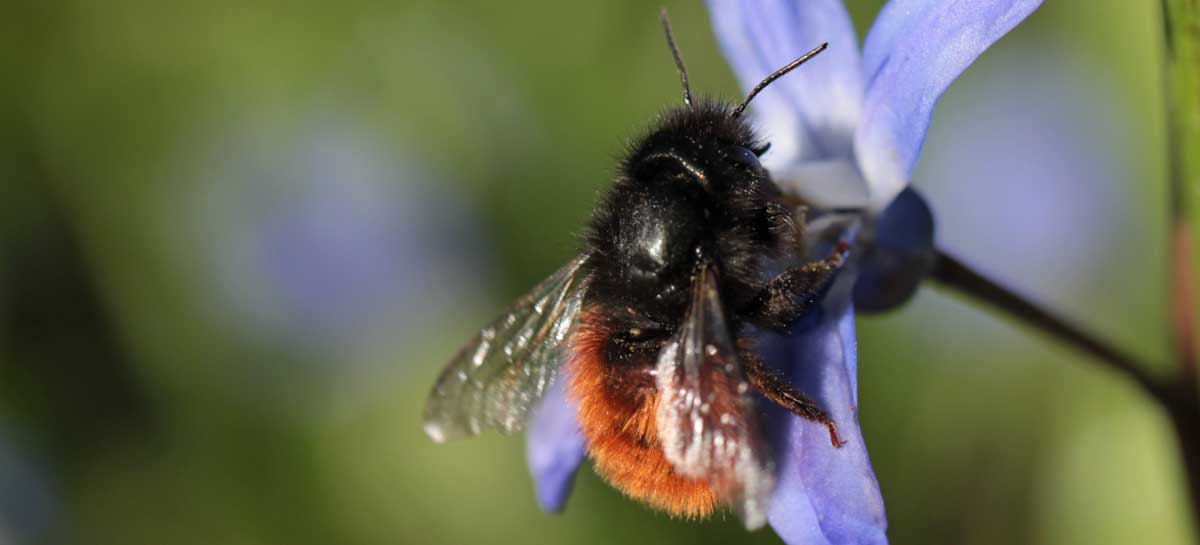Intergovernmental Science-Policy Platform on Biodiversity and Ecosystem Services, IPBES
The Platform collects and analyses scientific data from around the world and identifies policy options to protect biodiversity. IPBES does not conduct any of its own research. Its core task is to produce reports on the current state of biodiversity and the services that ecosystems provide to people. To achieve this aim, IPBES member states nominate experts to draw up the reports.
Core messages of the global report
- Biodiversity and ecosystem services such as food, clean water and medicine are essential for human survival
- Yet their present state is deteriorating dramatically: today, the rate of species extinction is at least tens to hundreds of times higher than the average over the past 10 million years
- 75 percent of the land surface and 66 percent of the ocean area have been significantly altered; over 85% of the world’s wetlands have been lost
- These negative trends have been driven by numerous factors such as changes in land use, pollution and climate change
- Indirect drivers, for example social and political factors, are a good starting point for measures at all levels of society
- The Platform’s next work programme up to 2030 was also adopted at the plenary session
The first thematic assessment report, which focusses on pollinators, pollination and food production, was drawn up in 2016.
The key findings:
- Production of many high-quality food crops, primarily fruit and vegetables, depends on pollination
- For some years now, many regions around the world have been experiencing a drastic decline in pollinators
- The dramatic loss of bee colonies occurs differently in Europe, North America and other world regions
- Intensive agricultural production and, in particular, the use of pesticides pose major threats to pollinators and pollination
- Another thematic report on land degradation1 and restoration was concluded in 2018; its key messages are: the steady expansion and unsustainable management of cropland and grazing land is the largest direct cause of land degradation globally, resulting in a significant loss of biodiversity and ecosystem services
- Land degradation has reached critical levels in many parts of the world; wetlands, for example bogs, are particularly severely affected
- Increasing demand for food and biofuels will likely lead to increasing land degradation in the future
- Preventing, reducing and reversing land degradation could reduce greenhouse gas emissions by more than a third by 2030
1 Land degradation: loss or decline of biodiversity in terrestrial ecosystems (e.g. in tropical rain forests, deserts and tundras) and their associated aquatic ecosystem (e.g. lakes and rivers)


